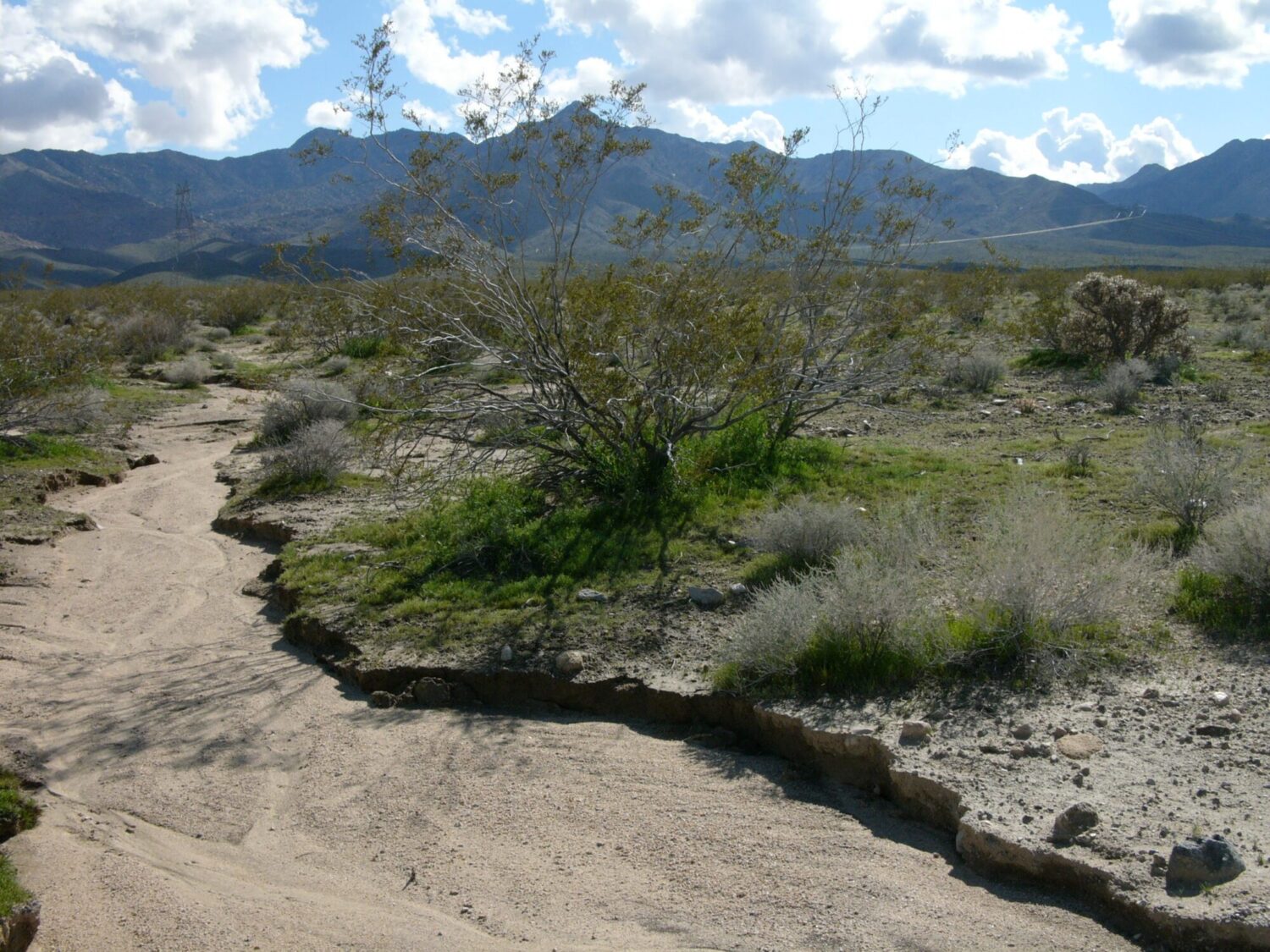
To some, if you are rich enough, a parking ticket is just the price to park. Fines may act as a disincentive for some people, but for others, paying a fine is seen as just the price of doing business.
Agriculture is a $49 billion industry, one of California’s largest, and California is the largest state producer and exporter of things like dairy products, fruits, and nuts. By contrast, the price for stealing water is low, $1,000 per day, $10,000 per day if it’s a drought. That cost is per water right, not per beneficiary of that right, so irrigation districts can dilute the fines among their members. This is how the Shasta River Rancher’s Association managed to nearly drain the Shasta River in 2022, a waterway that supports 20% of the coho salmon in the Klamath watershed, at a cost of only $50 per rancher.
In response, the California legislature just passed Assembly Bill 460, authored by Assemblymember Rebeca Bauer-Kahan, to raise the price of stealing water. While fixing low fines is an essential step toward better environmental protections, California has a long way to go before it adequately addresses both the environmental and equity impacts of its outdated water rights system.
First, the State Water Board needs to be equipped with the proper tools to enforce the laws currently on the books. Without the ability to monitor the state’s waterways or the resources to ensure meaningful enforcement, the Board cannot prevent environmental catastrophes like what occurred in the Shasta.
Second, California needs to pass and enforce instream flow requirements to ensure that enough water stays in the environment to support healthy aquatic ecosystems. Outside of a few unique watersheds, the state had done nothing to prevent water right holders from legally draining major waterways.
Third, the state needs to recognize and remediate historic wrongs fossilized in the water rights system. California’s water rights system favors those with the oldest water rights, yet at the same time those senior rights were claimed, the state was sanctioning the removal and assimilation of California Native Americans, stripped water rights of many Mexican and Latino property owners, passed laws to prevent Asian Americans from claiming water rights, and utilized restrictive racial covenants to push Black farmers out of prime farming land. Those historic inequities are enforced through today’s outdated water rights system.
With the passage of AB 460, California Coastkeeper Alliance is excited to see California take a step forward toward modernizing its water rights system, even if just a small one. And we are excited to continue working toward a better water rights system to ensure the state’s waters are swimmable, fishable, and drinkable for all.
Stay informed of our policy work and our efforts to protect California’s waters by subscribing to California Coastkeeper Alliance’s monthly newsletter, becoming a lifetime member, or following us on social media: @CA_Waterkeepers.
Staff Attorney Cody Phillips advocates for statewide policies that protect water quality and access to clean water throughout California.



